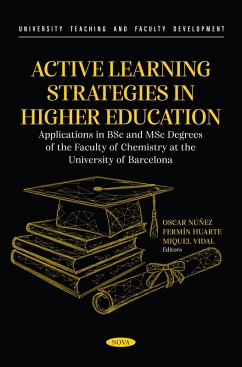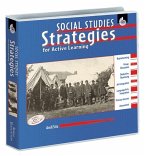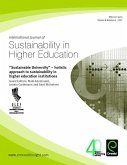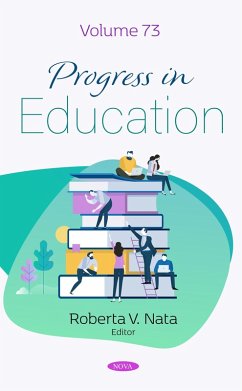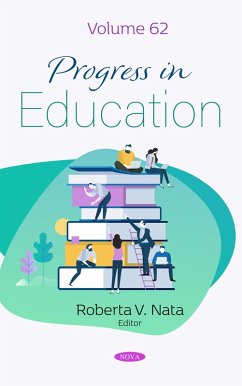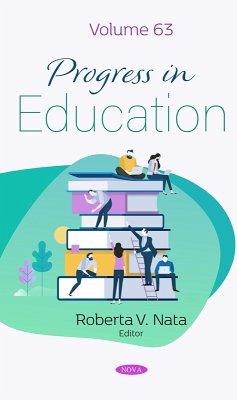The profound change that higher education is undergoing is having a special impact on the processes of teaching and training of university teaching staff. The emergence of a new curricular structure based on learning outcomes and the proposal of new teaching methods focused on student learning generate pedagogical-didactic demands that require a teaching profile capable of fostering meaningful learning and the ability to develop reflective thinking in our students. This requires the implementation of teaching methodologies focused not only on the transmission of knowledge of the discipline, but also on the acquisition of soft skills such as analytical skills, critical thinking, teamwork, data interpretation, effective time management, decision making and approaching new and open problems. In recent years, the University of Barcelona (UB) has designed and implemented programs aimed at teaching improvement and innovation. In this context, and as a result of previous actions and experiences, the program "e;Research, Innovation and Improvement of Teaching and Learning (RIMDA, Recerca, Innovacio i Millora de la Docencia i l'Aprenentatge), was designed in 2017 to promote teaching quality at the UB. Within this framework, the creation of teaching projects at the faculty level has guided the UB's teaching and learning quality. The present book "e;Active Learning Strategies in Higher Education. Application in BSc and MSc Degrees of the Faculty of Chemistry at the University of Barcelona"e; summarizes the results of the institutional project aiming at promoting teaching quality at the Faculty of Chemistry of the University of Barcelona, the so-called RIMDA-Chemistry Project. The project and methodological approach followed is fully described in Chapter 1 (Institutional project to promote teaching quality at the University of Barcelona's Faculty of Chemistry). As described in the chapter, the RIMDA-Chemistry Project aims to consolidate and promote teaching quality in the Faculty of Chemistry, with the objective of integrating teacher training and teaching innovation in the context of subjects in the area of Chemistry. The teaching innovation lines employed within the RIMDA-Chemistry Project were: flipped-classroom (just-in-time teaching mode); flipped-classroom (team-based learning mode); case-based learning; problem-based learning; and service-learning. The selected lines of active learning teaching were applied to theoretical and experimental subjects of BSc and MSc degrees offered at the Faculty of Chemistry, with collaborative teaching teams working through lesson study-clinical supervision approach in a planning-action-reflection process, guided by an expert advisor who was also teaching staff of the Faculty of Chemistry. The subsequent chapters of the book describe in detail the implementations of the active learning lines. These chapters illustrate how active learning strategies were applied to undergraduate and master's degree compulsory and elective subjects. New collaborative teaching groups were created based on the methodological learning approach instead of those based on the subject knowledge area. According to faculty perceptions and/or responses to specific questionnaires by students, active learning strategies systematically improved students' acquisition of competencies, especially decision-making, oral communication, information search and critical interpretation of information, in addition to improving subject grades. Moreover, especially in the context of case and problem solving, students developed their mental abilities better by evaluating real situations and applying concepts than by learning those same (often abstract) concepts simply from theoretical examples. In addition, teamwork and interaction with other students constituted effective training in the human aspects of management. After the implementation of the actions related to the different strategies, the feedback provided by the students showed a high level of satisfaction with the learning experience. However, the implementation of the activity implied more work on the part of teachers and students, which led to the reflection that, despite these remarkable benefits, the learning advantages and the investment of additional effort required by these student-centered active methodologies must be weighed against each other. The application of learner-centered methodologies remains a challenge, as most teachers and students are accustomed to traditional teaching. For teachers to adopt these new methodologies they must learn from the experience and examples of others, gain confidence in their use and see the value of their application. As a final main message, active learning strategies must transcend the limited scope of the activities of a teaching innovation group and be incorporated as a consolidated teaching methodology in undergraduate and master's degree curricula.
Dieser Download kann aus rechtlichen Gründen nur mit Rechnungsadresse in A, B, BG, CY, CZ, D, DK, EW, E, FIN, F, GR, HR, H, IRL, I, LT, L, LR, M, NL, PL, P, R, S, SLO, SK ausgeliefert werden.

